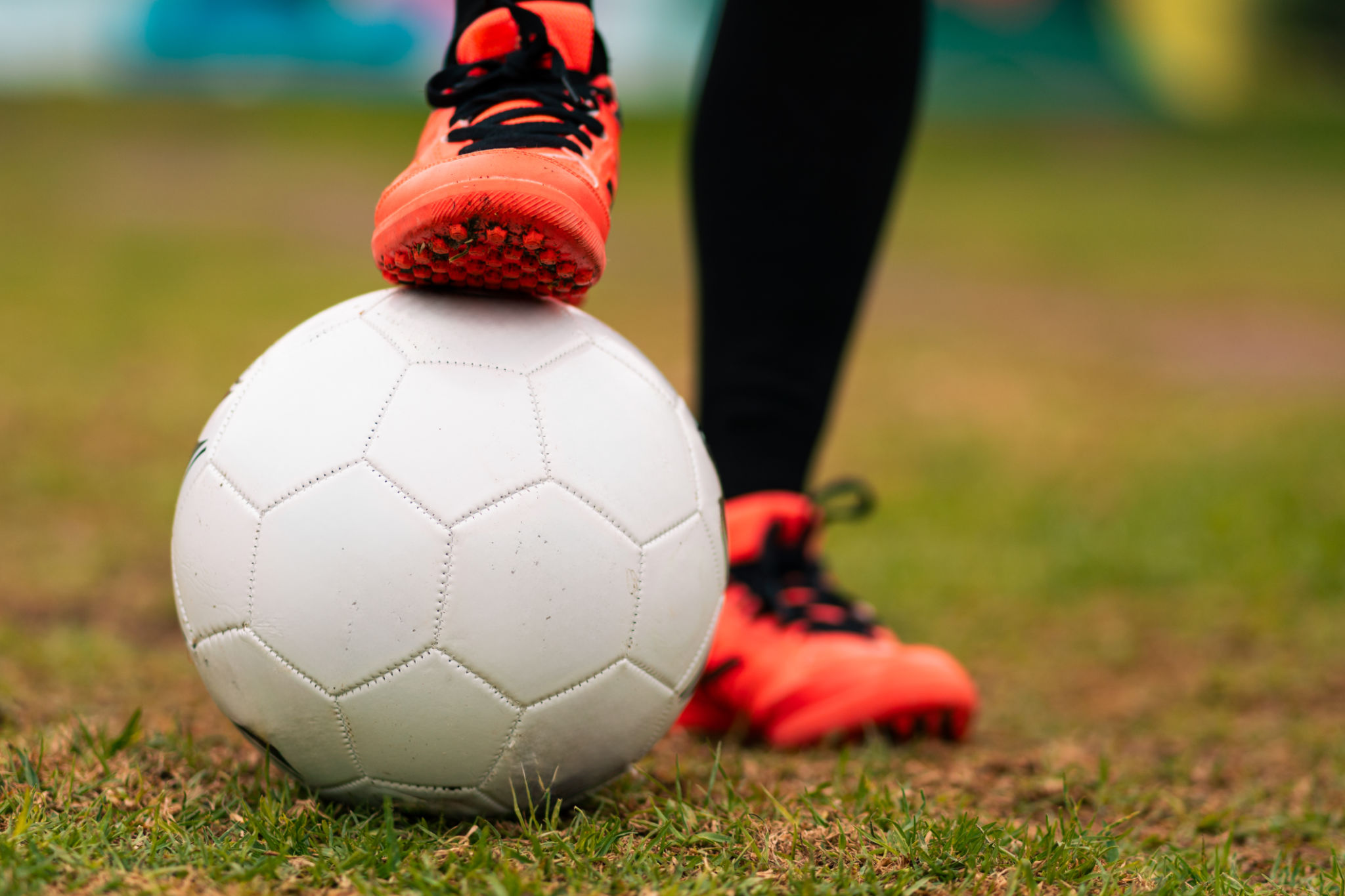Expert Insights: Avoiding Common Mistakes in Football Training
Understanding the Fundamentals of Football Training
Football training is crucial for developing the skills and fitness required to excel on the field. However, many athletes and coaches make common mistakes that can hinder progress. Understanding the fundamentals and focusing on proper techniques can significantly enhance performance and reduce the risk of injuries.

Neglecting Warm-Ups and Cool-Downs
One of the most frequent oversights in football training is skipping warm-ups and cool-downs. These are essential components of any training routine. A good warm-up prepares the body for intense activity, increasing blood flow to muscles and improving flexibility. Cool-downs help in gradually lowering heart rates and preventing muscle stiffness.
Incorporate dynamic stretches and light jogging into your warm-up routine. After training or a match, focus on static stretching and deep breathing exercises to aid recovery. Remember, a well-prepared body is less susceptible to injuries.
Overemphasis on Physical Fitness
While physical fitness is undoubtedly important, focusing solely on it can be a mistake. Technical skills such as dribbling, passing, and shooting are equally vital. Balancing fitness with skill development ensures a well-rounded player.

Work on drills that enhance both physical and technical abilities. For instance, incorporate agility ladders or cones into dribbling exercises to improve footwork and speed simultaneously.
Poor Nutrition and Hydration Practices
Nutrition and hydration play a significant role in performance. Many athletes underestimate their importance, leading to subpar energy levels and stamina. Maintaining a balanced diet rich in proteins, carbohydrates, and healthy fats is crucial for sustained energy.
Hydration is equally important. Dehydration can lead to reduced concentration and performance. Ensure regular water intake before, during, and after training sessions. Consider electrolyte-rich drinks during intense workouts to replenish lost minerals.
Avoiding Overtraining and Ensuring Rest
Overtraining is a common pitfall that can lead to burnout and injuries. It's essential to listen to your body and recognize when rest is needed. Incorporate rest days into your schedule to allow your body to recover and rebuild strength.

Aim for a balanced training plan that includes varied intensities and activities. This approach not only prevents overtraining but also keeps the mind engaged and motivated.
Lack of Goal Setting
Without clear goals, training can become aimless. Setting specific, measurable, achievable, relevant, and time-bound (SMART) goals provides direction and motivation. Whether it's improving sprint speed or mastering a new skill, having targets keeps athletes focused.
Regularly assess progress towards these goals and adjust training plans accordingly. Celebrate achievements to maintain motivation and enthusiasm for football training.
Ignoring Individual Needs
Every athlete is unique, with different strengths and areas for improvement. A one-size-fits-all approach to training can be ineffective. Tailor programs to address individual needs, focusing on personal goals and capabilities.

Consulting with coaches or fitness experts can provide valuable insights into creating an individualized plan that maximizes potential while minimizing the risk of injuries.
Conclusion
Avoiding common mistakes in football training is essential for enhancing performance and safeguarding health. By incorporating warm-ups, balancing fitness with skill development, focusing on nutrition, preventing overtraining, setting goals, and personalizing training plans, athletes can achieve their full potential on the field.
